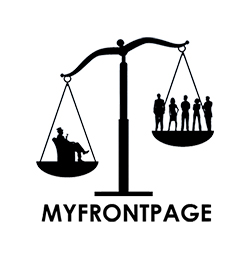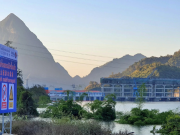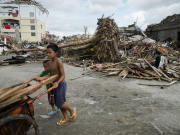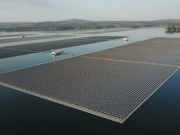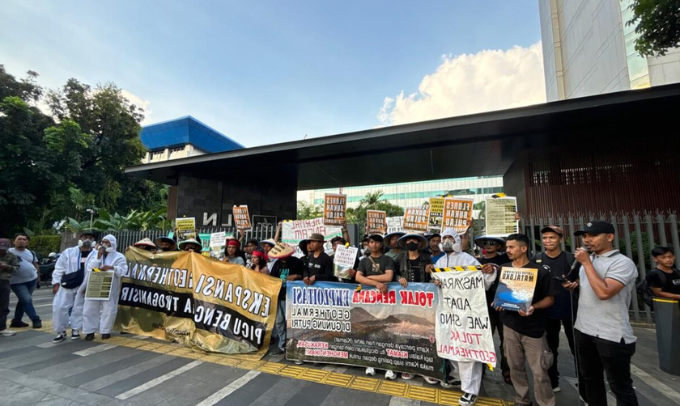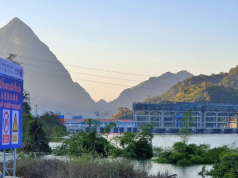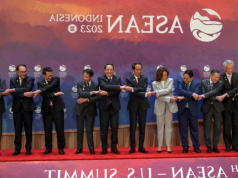Indonesia , May 29, 2025
Indonesia’s push to become the global hub for electric vehicle (EV) battery production is facing mounting resistance at home, as massive nickel mining operations in Sulawesi and Kalimantan trigger widespread land rights protests and environmental concerns.
President Joko Widodo’s administration has aggressively courted foreign investment, particularly from China and South Korea, to build smelters and battery factories. Indonesia sits atop the world’s largest nickel reserves—a key mineral used in lithium-ion batteries. But with this economic opportunity comes growing unrest in the country’s mining regions.
In South Sulawesi, residents of Konawe and Morowali have launched protests, alleging that mining companies are seizing ancestral lands without proper compensation. “Our forests are being destroyed, our rivers are polluted, and our people are not being heard,” said local activist Harun Madda, who has helped organize community blockades against mining trucks.
Similarly, in East Kalimantan, indigenous Dayak communities have filed lawsuits against multinational firms, claiming violations of customary land rights and illegal deforestation. Videos showing armed police dispersing peaceful demonstrators have gone viral, prompting a backlash on social media and raising questions about government complicity.
Jakarta, however, insists that the nickel boom is essential to achieving long-term energy goals. The government plans to ban raw nickel exports and instead focus on building a full domestic EV supply chain—from mineral extraction to battery manufacturing. Officials argue this will create thousands of jobs and elevate Indonesia’s place in the green economy.
But critics warn that environmental degradation and social conflict could undermine the very progress the government seeks. A recent report from the Indonesian Center for Environmental Law (ICEL) found that over 70% of nickel mines operate near protected forests or indigenous territories.
“There is no green transition if it’s built on broken promises and stolen land,” said Dr. Sari Wulandari, an environmental policy expert. She added that free, prior, and informed consent must be central to any sustainable development agenda.
International observers are also paying attention. Several global EV brands, including Tesla and Hyundai, have been urged to conduct deeper due diligence on their Indonesian supply chains to ensure ethical sourcing.
As the race for battery minerals intensifies, Indonesia stands at a crossroads—between economic ambition and the rights of its people.

